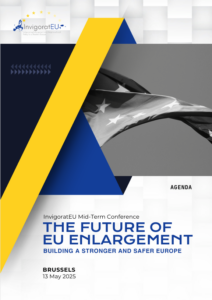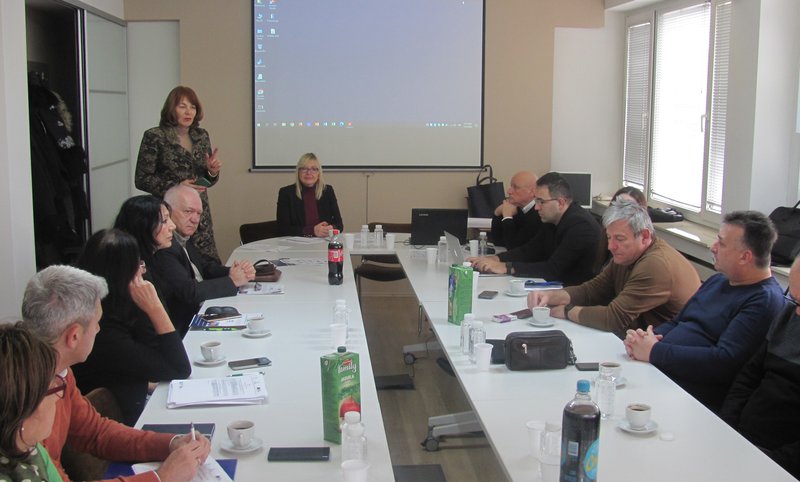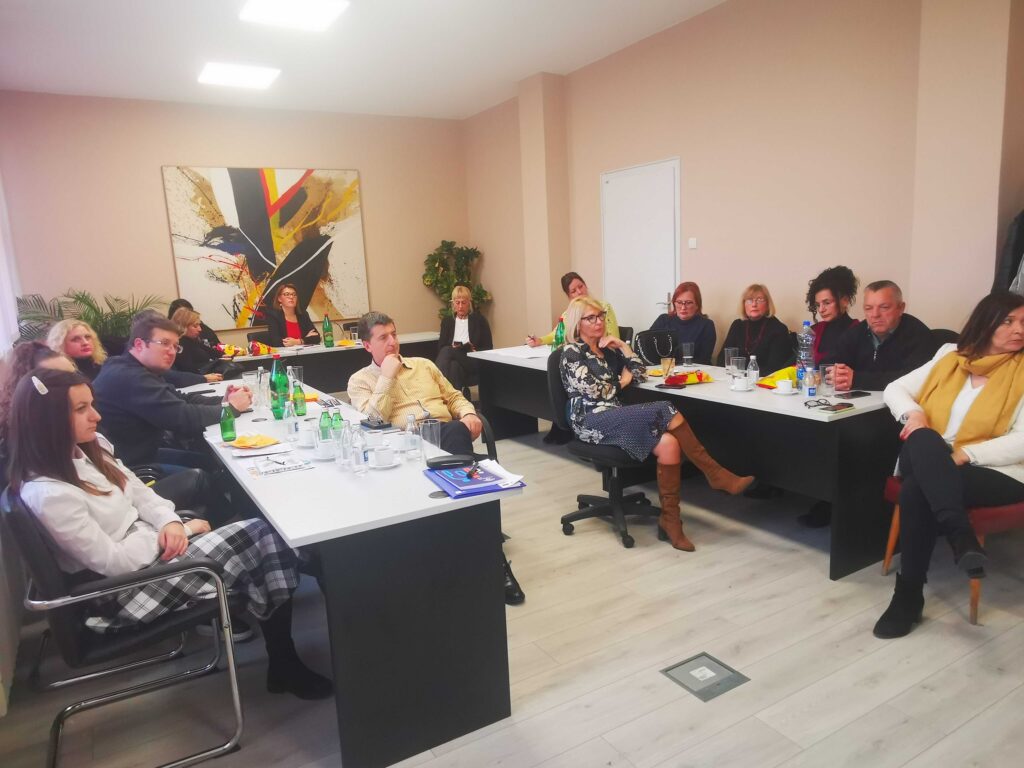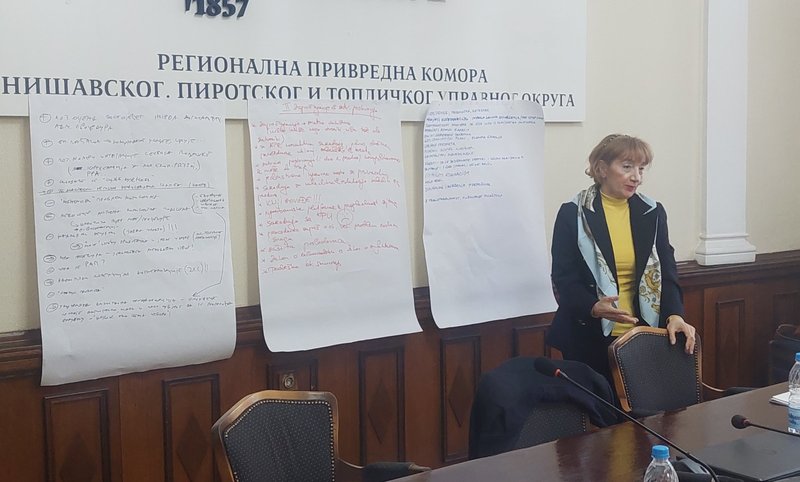Headquarters: Svetog Nauma 7, 11000
Office address: Đorđa Vajferta 13, 11000
Phone:: +381 11 4529 323


With the workshop in Novi Sad, held on February 9, 2023, on the premises of the Regional Chamber of Commerce of the South Bačka Administrative District, the European Policy Centre completed a series of five workshops organized on the occasion of the process of improving the business environment in Serbia.
The CEP team was engaged in the project “EU for a better business environment – EU4BE” implemented by the World Bank to check the results and recommendations of the “Second Periodic Report on the Business Environment in Serbia” with businessmen, as well as to identify additional opportunities for business improvement, tiny and medium enterprises, and entrepreneurs.

In the form of a “World Cafe”, 86 businessmen, representatives of businessmen’s associations, local self-governments, regional development agencies, as well as organizations supporting the economy, especially SMEs (science and technology parks, clusters, etc.), were discussed at the workshops about regulatory obstacles to business, proposals for their removal, as well as recommendations for further improvement of the business environment, both at the national and local self-government levels.
The workshops were held in cooperation with the Serbian Chamber of Commerce and regional chambers of commerce from December 2022 – February 2023 in Nis, Kraljevo, Čačak, Valjevo and Novi Sad.

The workshops covered three groups of topics, and all participants had the opportunity to contribute to each of these areas:

Based on their daily experience with regulatory obstacles, suggestions and comments from the participants served to verify the report, and additional contributions and new proposals for removing these obstacles were identified.
The project is financially supported by the European Union and implemented by the World Bank. In addition, the main partners in the project are the Ministry of Economy, the Republic Secretariat for Public Policies, and the Ministry for European Integration.
